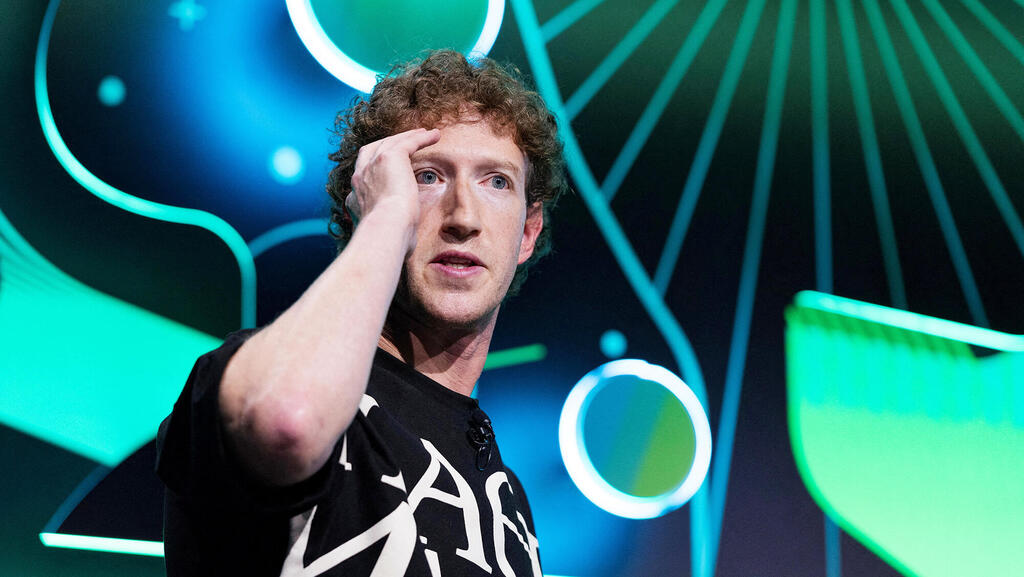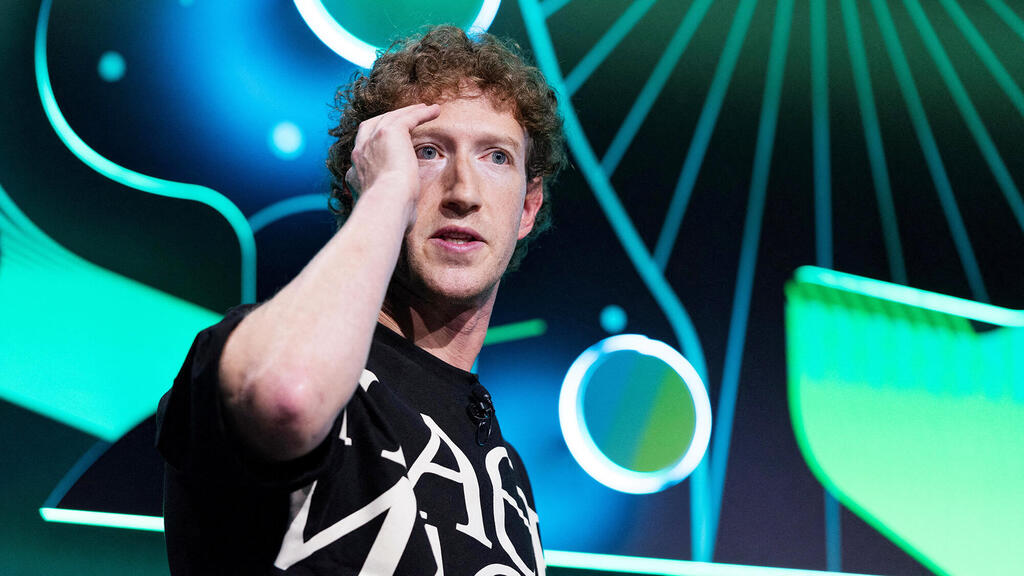
AI infrastructure boom: Tech giants spend $92 billion in a quarter
Amazon, Google, and Meta lead massive capital push as Apple plays catch-up in the AI race.
The race for artificial intelligence is accelerating. In the second quarter of 2025, capital expenditures by the five U.S. tech giants, Amazon, Google, Microsoft, Meta, and Apple, soared to $92.17 billion, a 66.67% jump compared to the same quarter last year. And this is only the beginning. By year-end, their combined investments in infrastructure are expected to reach $350 billion.
Developing cutting-edge AI models requires massive investments in data centers, servers, and related infrastructure. These expenditures, categorized as capital spending in quarterly reports, offer a glimpse into how aggressively each company is betting on AI.
Meta posted the fastest growth, doubling its capital spending from a year earlier to $17.01 billion. The company cited the AI arms race as the main driver. “The goal of the investments is to ensure an advantage in developing the best AI models,” said CFO Susan Li. CEO Mark Zuckerberg added that these efforts are already paying off. “Our strong ad performance this quarter is largely thanks to AI, which has driven major efficiency gains.”
Amazon led in absolute investment volume, spending $32.18 billion, an 82.6% increase from the same quarter last year. However, Wall Street was not impressed. The company’s stock dropped 8.1% on Friday, amid concerns that high infrastructure spending was eroding profit margins in its cloud division, especially when compared to Microsoft and Google.
Microsoft's capital expenditures rose 23.04% to $17.07 billion. CFO Amy Hood told analysts the spending was necessary to “achieve the best performance.” The investment correlated with a 39% surge in revenue for the company’s cloud division. CEO Satya Nadella emphasized: “We continue to lead the wave of AI infrastructure.”
Google's investments climbed 70.2% to $22.45 billion, and it raised its capital spending forecast for the year by $10 billion. “This investment is essential to meet customer demand,” said CEO Sundar Pichai. “We’re in a tight supply environment and are investing heavily to expand capacity.”
Although Apple’s capital spending rose 60.9%, its total of $3.46 billion was far lower than its peers. That gap has raised concerns, especially as Apple appears to be falling behind in AI capabilities. Last month, it lost several senior researchers to Meta. However, Apple executives insist they’re ramping up. “You’ll see our capital investment continue to grow,” CFO Kevan Parekh said. CEO Tim Cook was more direct: “Apple has to do it. We will invest whatever it takes,” he reportedly told employees.
Related articles:
The massive investments underscore the tech giants’ faith in AI, and the belief that revenue will eventually outpace spending. But that return has yet to materialize. Even when companies attribute growth to AI, it’s often modest compared to the scale of investment. Meta, for instance, increased capital spending by more than 100%, but its advertising revenue rose just 21.5% last quarter, and not all of that was due to AI.
This mismatch isn’t necessarily surprising: returns on infrastructure investments typically accrue over several quarters or even years. Still, it highlights the gap between current spending and tangible business results.
Despite impressive technical achievements, modern AI models have yet to prove their ability to generate sustained, significant revenue. Microsoft and Google benefit from selling AI infrastructure to other companies, like OpenAI and Anthropic, which are themselves still figuring out how to monetize their platforms.
For now, investor optimism remains intact, driven by the belief that AI’s promise will eventually translate into profits. But patience has limits. At some point, markets will expect AI revenues to grow faster than the capital expenditures fueling them. If that doesn’t happen, the bubble could burst, and today’s record-setting investments could end up as costly miscalculations.
